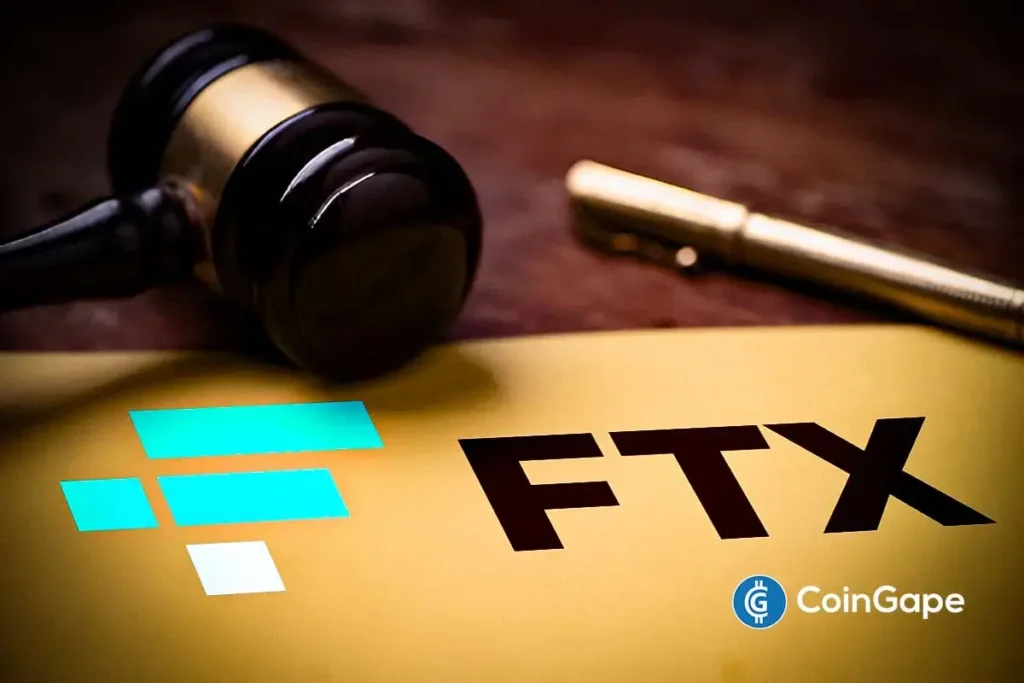Chinese FTX Users Face Uncertainty Amid Bankruptcy Proceedings
In a significant twist for users of the now-bankrupt crypto exchange FTX, it has become apparent that a remarkable 82% of claims originate from China. This raises grave concerns for these users as they grapple with the implications of China’s stringent ban on cryptocurrency trading enacted in 2021. The exchange is actively seeking approval from a U.S. bankruptcy court for a novel claims process specifically designed for users hailing from 49 "restricted jurisdictions." The proposal highlights a crucial stipulation: FTX will only honor claims from these regions if legal counsel affirms that payouts can be conducted in alignment with local laws. If legal barriers exist, users’ claims might be disputed or rejected outright.
Navigating Legal Challenges for Restricted Jurisdictions
The endeavor to resolve claims from the aforementioned 49 restricted jurisdictions poses substantial hurdles for FTX, especially given that only 5% of total claims come from these regions. Alarmingly, 82% of that subset is attributed to Chinese users, amplifying the urgency of the situation. With restrictions on cross-border payouts under China’s laws, there exists a significant possibility that these users could end up empty-handed. As part of its efforts, FTX recently initiated the second phase of creditor repayments, distributing an impressive total of $5 billion to eligible users. The exchange now finds itself at a crossroads, seeking legal opinions to ascertain whether any payouts to users within these jurisdictions are permissible.
Users in Legal Limbo
While FTX is keen on adhering to legal standards, the prospects are dim for claimants who wish to remain within restricted jurisdictions. As it stands, there seems to be no legal recourse for these individuals to receive their rightful payouts, compelling FTX to file objections in court. Unless any disputes are resolved prior to the distribution of funds, these users face the grim possibility of forfeiting their claims entirely. This precarious state of affairs has ignited concerns among the user base, particularly among creditors like Sunil, who have spoken out about the lack of clarity regarding their claims.
Action from Chinese Users
In the face of uncertainty, Chinese users of FTX are opting to take proactive steps, including legal action, to safeguard their claims. One outspoken creditor, known as Will, has publicly announced his intention to contact legal counsel in New York and pursue all possible avenues for objecting to FTX’s claims process. He contends that while China may not endorse cryptocurrency trading, residents are legally permitted to hold cryptocurrencies. This complexity raises critical questions about the nature of their claims and the hurdles posed by international financial protocols.
Seeking Answers and Possible Solutions
As conversations continue among affected users, common inquiries focus on the rationale behind the inability to facilitate international wire transfers for mainland Chinese residents. Given that these individuals can legally hold U.S. dollars overseas, the challenges they face seem even more confounding. Responding to the concerns, creditor Sunil offered limited potential solutions, suggesting that claimants might consider selling or transferring their claims to an allowed jurisdiction. Such options appear to be a last resort given the complexity of the situation.
The Road Ahead for FTX Claimants
As FTX moves forward, the implications of this legal battle will undoubtedly reverberate throughout the broader cryptocurrency landscape. The case serves as a cautionary tale for users navigating a dynamic and often unpredictable digital asset space. With a significant portion of their claims reliant on uncertain legal interpretations, Chinese users face considerable risks as they strive for restitution. As the process unfolds, observers and industry stakeholders will be closely monitoring how the bankruptcy proceedings may reshape perceptions and regulations concerning cryptocurrencies across various jurisdictions. While the road ahead may be fraught with challenges, the unfolding legal discourse could potentially pave the way for newfound clarity in the global cryptocurrency landscape.
In conclusion, the situation emphasizes the need for clear and fair regulatory frameworks in the evolving crypto marketplace. For users like those from China, understanding their rights and exploring viable pathways could be integral to realizing their claims. Ultimately, this case exemplifies the significant complexities that arise when traditional financial systems intersect with new-age digital assets.


